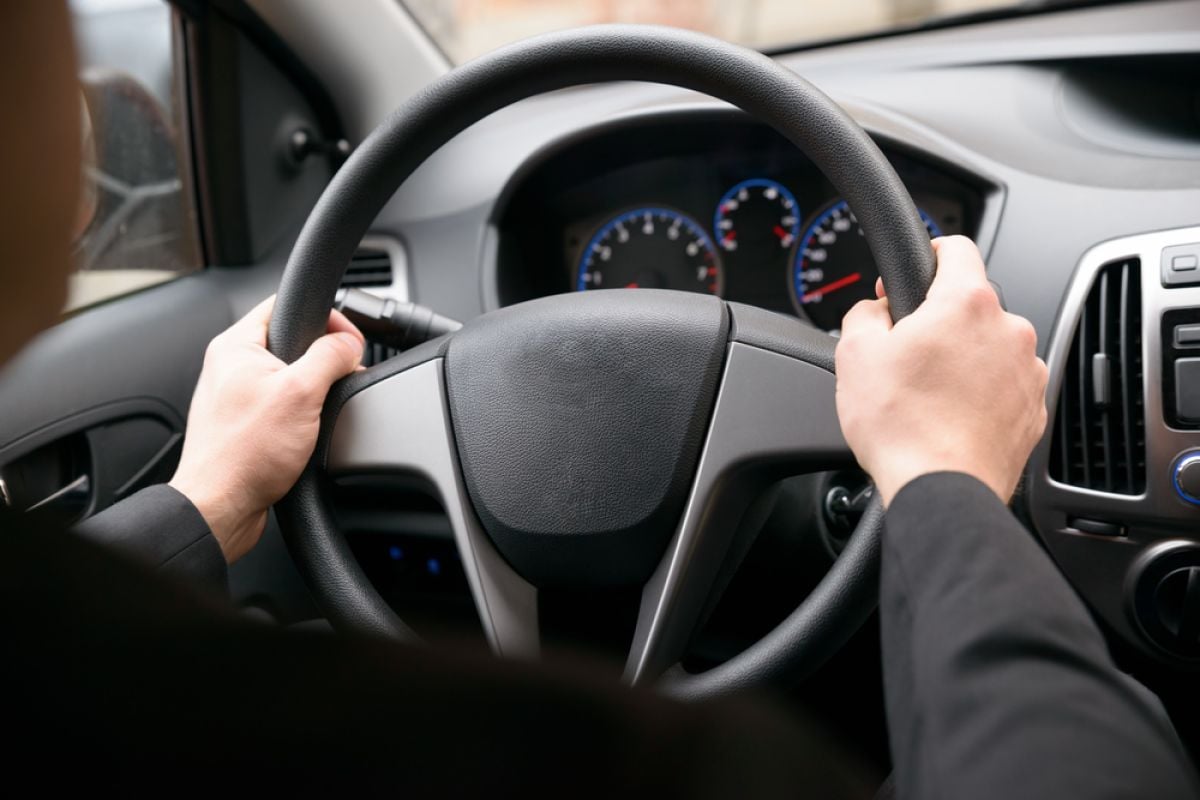
In general, the age that gives you permission to drive is your 18th birthday. And in a country like Austria, this marks a very special event for most young people. It is the day of freedom and independence of their parents. There are certain exceptions on how to get your driving license earlier than that though.
The Austrian license
To obtain a license to drive in Austria, you must be a minimum of 17 years old and have a family member or friend who has been driving for at least seven years to accompany you as a supervisor. The document issued is called the “L-17”. New drivers usually take educational lessons before they pass a written theory test and a series of driving courses and tests. The process is strict, and all tests are conducted in German.
Converting your driver's license
If you already have a license from an EU or EEA country, you are not required also to have an Austrian license. However, you can exchange your license for an Austrian one, which can also be used as a form of identification within Austria.
Residents from a country outside of the EU/EEA, who wish to drive locally, must obtain an Austrian license within six months of arrival in the country. Depending on your home country, you may be able to exchange your license without also taking the theory and driving tests.
If you want to exchange your international license for an Austrian license, you will need to provide a range of documents:
- The Austrian application form to exchange your license
- Your original license, including an official translation if the license was not issued in German
- Birth certificate
- Austrian residency registration card
- Identification photo for the new license
- Proof of good health for driving, issued by a doctor
Using an International driver's license in Austria
If you are only in the country for a short time and wish to drive, and your license is not issued in German, then you will need to have either an official translation of your license into German or an international license, also known as an International Driving Permit (IDP).
You can issue the IDP in your home country before traveling overseas by following a simple process, which requires you to show your full local license and pay a small fee.
The highway in Austria
To use the Austrian highway named “Autobahn”, car drivers have to buy a so-called “Vignette”. The Austrian highways are toll roads without toll gates to pay. In addition, tolls are charged for mountain passes such as the Brenner and Tauern motorways (route toll) and tunnels.
The Austrian vignette for motorways is available as a sticker and as a digital vignette. You can purchase the digital “vignette” here or on the ASFINAG app.
Be sure to buy a vignette online or in a gas station before you start driving the highway. Cars pay € 9,90 for ten days, € 29,00 for two months, or € 96,40 for a whole year. It is cheaper (about half the price) if you drive a motorcycle.
The annual vignette is valid from December and up to January after the printed calendar year. The 2-month vignette and the 10-day vignette are valid from a freely selected date.
The fine is € 120,00 so don't take any risks.
Vehicles over 3.5 tonnes (also motorhomes) require a GO-Box instead.
Speed limits in Austria
The speed limit on highways in Austria is 130 km/h; in parts with IGL (air safety control), you are only allowed to drive at 100 km/h. If you pass the speed limit with IGL signs on, you will not be fined for speeding but for an environmental offense, which is much more expensive and not worth the hassle. On open country roads, it is allowed to drive 100 km/h and in urban places 50 km/h, except where signed otherwise. If there is a so-called “Wohnstrasse”, which you will know by the sign of children playing, you have to drive at foot pace, which means 5 to 15 km/h maximum.
Car insurance and other costs in Austria
If you buy a car in Austria, you will also need to account for insurance costs. All car owners must have third-party insurance, with some drivers also purchasing comprehensive insurance, which covers their vehicle in case of an accident. Roadside assistance packages are another important thing to budget for, in the event of breakdowns. You will also need to account for registration fees when purchasing a new or secondhand vehicle.
If you purchase a car from outside Austria, the buyer is liable for any import tax and a roadworthy certificate to prove it is safe to drive.
Parking in Austria
Cities and villages in Austria have different rules for parking. In many cities, there is a short-stay parking zone during the day on weekdays. With the help of the ÖAMTC app, you can get information about your region.
Parking In Vienna
Parking in Vienna is subject to a fee at set times in almost the entire city area. It applies from Monday to Friday, 9 a.m.-2 p.m. The maximum parking time is 2 hours. District residents have their own parking stickers.
These rates apply:
up to 15 minutes: free; 0.5 hours: 1.25 euros; 1 hour: 2.50 euros; 1.5 hours: 3.75 euros; 2 hours: 5 euros
Park & Ride
In Vienna, it is often worth taking advantage of the city's so-called Park&Ride services. You can park cheaply every day at one of the many underground stations in the peripheral districts and then continue your journey by public transport.
Driving rules in Austria
Rules regarding driving in Austria include:
- Driving is done on the right side of the road;
- Winter tyres are compulsory in Austria for winter road conditions from 1.11 to 15.4. Snow chains are compulsory, depending on the signposting.
- The legal limit for alcohol and driving is 0.5BAC; if the car is covered in snow, make sure that you free the roof, the window, the front and the back of snow.
Useful links:
ASFINAG (Austrian Motorway Association)
Driving license information, Austrian government
We do our best to provide accurate and up to date information. However, if you have noticed any inaccuracies in this article, please let us know in the comments section below.








